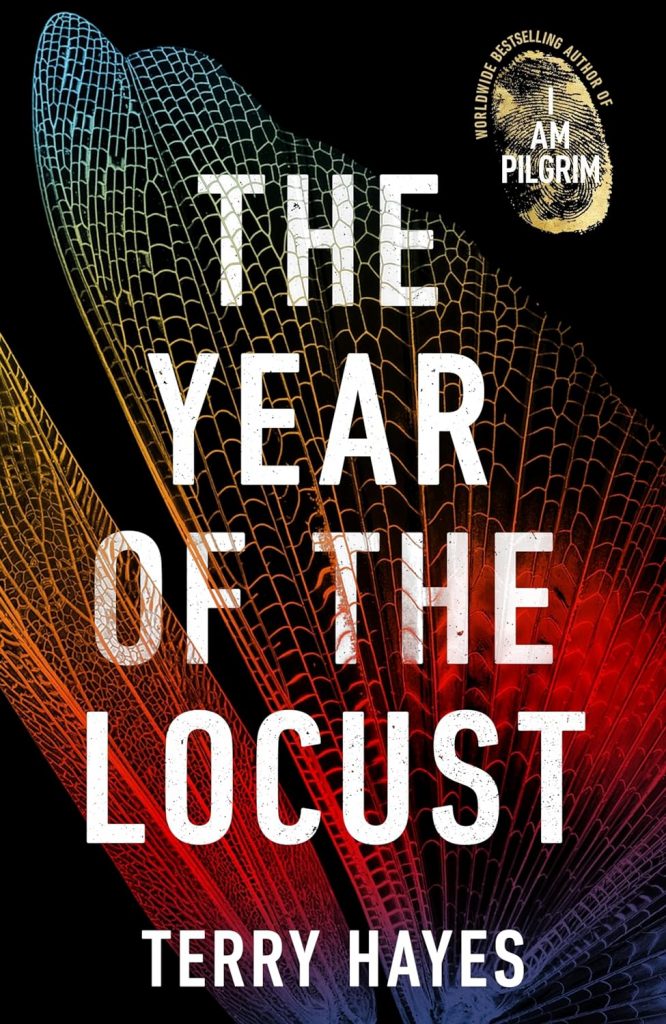
What a wonderfully refreshing break that was, meeting some family and some friends, but otherwise immersed in books and films. Although I worked hard to nail down the theme of a new book, the process was not entirely successfully, in that I ended up with too many themes. But I also spent a great deal of time reading. Indeed, though I don’t do New Year’s resolutions, if I had they would probably have included more time spent on reading and listening to podcasts, something I haven’t really got into yet.
I also spent a fair amount of time soliciting endorsements for my new book, Tickling Sharks, due out in May from Fast Company Press. Happily, some truly wonderful ones have already come in.
One book I had been looking forward to reading was The Year of the Locust, Terry Hayes’ long-awaited follow-up to I Am Pilgrim. While I see why some critics think it goes a bit wobbly towards the end, I think it works well as a slightly mad scramble of thriller, sci-fi and fantasy. And it is always well – tautly – written.
Other books I enjoyed included Orbital by Samantha Harvey, which I loved so much I gave a copy to all members of the Volans core team; The Worlds I See, by Dr Fei-Fei Li, a wonderfully personal exploration of the rapidly evolving AI landscape; Einstein in Time and Space: A Life in 999 Particles, by Samuel Grayson, a truly compelling read; Lawrence of Arabia by Ranulph Fiennes, which filled in some of the gaps in my understanding of the Arab Revolt after our recent trip to Jordan; and, to clear the palate, Playback by Raymond Chandler, his last novel – and a delight.
Now queueing for my attention are books like Toby Wilkinson’s Ramesses the Great, which I’m already half-way through; selected poems of Rumi and of Ai Qing; Barnaby Rogerson’s The House Divided, exploring the 1,400-year-old schism between Islam’s Sunni and Shia factions; and Shane O’Mara’s Talking Heads, billed as “the new science of how conversation shapes our worlds.”
Not sure what sort of year 2024 will turn out to be, one of locusts or of honeybees? But struck this morning to read that falling numbers of pollinators is already triggering evolutionary processes in plants, whereby plants like field pansies are opting for self-fertilization over cross-pollination.
And perhaps we are seeing similar processes at work in geopolitics, with deglobalization encouraging countries and regions to fold back in on themselves? To counter such trends, one of my plans for this year is to undertake at least one learning journey, to get into conversation with people at the cutting edges of related fields.

Leave a Reply